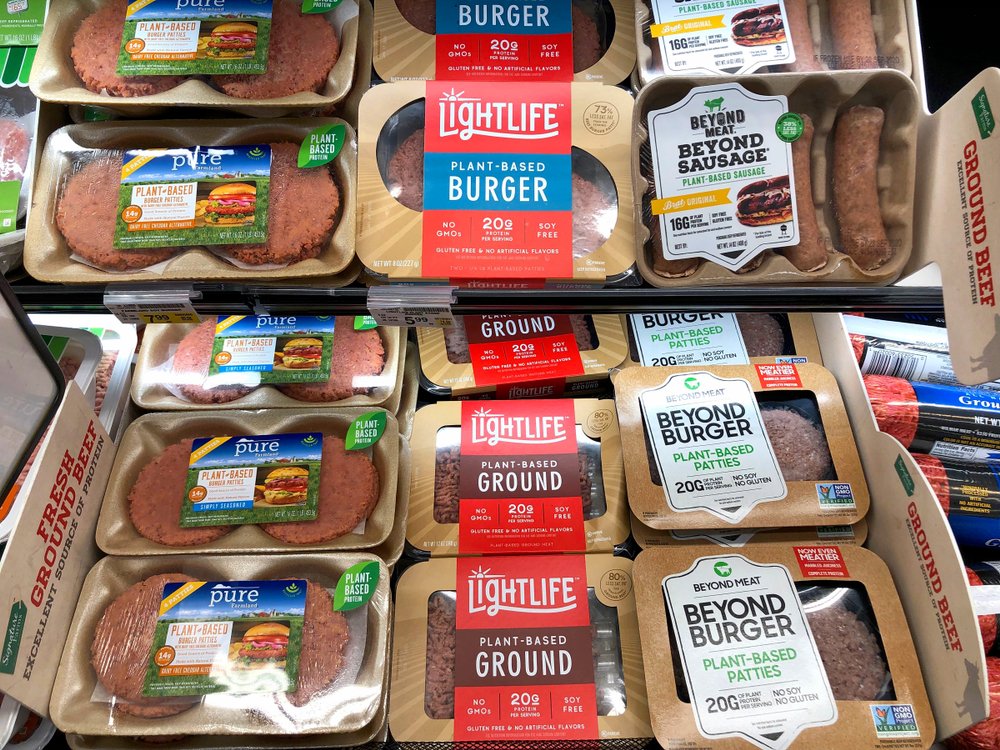
Today is #NationalTriviaDay!
In honour of the occasion, we're sharing some random facts about the University of Oxford.
🧵⬇️ [1/21]
In honour of the occasion, we're sharing some random facts about the University of Oxford.
🧵⬇️ [1/21]

The University of Oxford is nearly 700 years older than the United States.
#NationalTriviaDay [2/21]
#NationalTriviaDay [2/21]

Oxford is also older than the Aztec Empire.
University of Oxford: 1096
Aztec Empire: 1428
#NationalTriviaDay [3/21]
University of Oxford: 1096
Aztec Empire: 1428
#NationalTriviaDay [3/21]
Balliol College was built as a punishment...😬
Founded in 1263 by John Balliol, Mr. Balliol had to pay for the college to be built as a punishment for insulting the Bishop of Durham.
#NationalTriviaDay [4/21]
Founded in 1263 by John Balliol, Mr. Balliol had to pay for the college to be built as a punishment for insulting the Bishop of Durham.
#NationalTriviaDay [4/21]

Oxford was mentioned in fiction as early as 1400 when Chaucer, in Canterbury Tales, referred to a 'Clerk [student] of Oxenford'.
#NationalTriviaDay [5/21]
#NationalTriviaDay [5/21]
The Divinity School is the oldest surviving purpose-built building for University use.
The school was built between 1427 and 1483.
#NationalTriviaDay [6/21]
The school was built between 1427 and 1483.
#NationalTriviaDay [6/21]

Wadham College gardens is believed to be home to the oldest grapevine in Oxfordshire, dating back to the Napoleonic wars.
The black Hamburg grapes are too sweet for wine but are used in some of the College’s desserts.
#NationalTriviaDay [7/21]
The black Hamburg grapes are too sweet for wine but are used in some of the College’s desserts.
#NationalTriviaDay [7/21]

Since 1600, there have been 25 Bodley's Librarians (average time in post = 17 years).
The current @bodleianlibs Librarian is @richove.
#NationalTriviaDay [8/21]
The current @bodleianlibs Librarian is @richove.
#NationalTriviaDay [8/21]

Thomas Bodley left almost all of his money and assets to @bodleianlibs with only a couple of hundred pounds being left to his relations.
His relatives contested the will but were not successful in altering its terms.
#NationalTriviaDay [9/21]
His relatives contested the will but were not successful in altering its terms.
#NationalTriviaDay [9/21]

The University of Oxford had its own MPs from 1603 until 1950.
MPs included Sir Robert Peel and William Gladstone.
#NationalTriviaDay [10/21]
MPs included Sir Robert Peel and William Gladstone.
#NationalTriviaDay [10/21]
Oxford University Press has reportedly published more writers per square mile than anywhere else in the world.
#NationalTriviaDay [11/21]
#NationalTriviaDay [11/21]

A bell at the University of Oxford - the Oxford Electric Bell/Clarendon Dry Pile - has been ringing for over 180 years.
#NationalTriviaDay [13/21]
#NationalTriviaDay [13/21]

Between 1881 and 1968, all theatrical performances in the city of Oxford had to be approved by the University of Oxford's Vice-Chancellor.
#NationalTriviaDay [14/21]
#NationalTriviaDay [14/21]

The University of Oxford had its own police force from 1829 to 2003.
At times during its existence, the University police force could arrest both students and the townspeople of Oxford.
#NationalTriviaDay [15/21]
At times during its existence, the University police force could arrest both students and the townspeople of Oxford.
#NationalTriviaDay [15/21]
Out of the 57 UK Prime Ministers, over half (30) have been educated at the University of Oxford.
#NationalTriviaDay [16/21]
#NationalTriviaDay [16/21]
On the day when British Summer Time becomes Greenwich Mean Time, the community at Merton College gathers at 2AM in full academic dress to process backwards around the quad for one hour.
#NationalTriviaDay [17/21]
🎬 | @S_VanTeutem
#NationalTriviaDay [17/21]
🎬 | @S_VanTeutem
Sir Roger Bannister, a medical student at Oxford, was the first male to run a mile in less than four minutes.
He accomplished the feat on 6 May 1954 at the Iffley Road track.
#NationalTriviaDay [18/21]
He accomplished the feat on 6 May 1954 at the Iffley Road track.
#NationalTriviaDay [18/21]

Professor X from the Marvel comics X-Men series studied at @PembrokeOxford.
According to the comics, he earns a Professorship in Genetics.
#NationalTriviaDay [19/21]
📷 | @MarvelUK
According to the comics, he earns a Professorship in Genetics.
#NationalTriviaDay [19/21]
📷 | @MarvelUK

Oxford and @Cambridge_Uni share nine colleges with the same name - Corpus Christi, Jesus, Magdalen/Magdalene, Pembroke, Queen's/Queens, St Catherine's/Catharine's, St John's, Trinity and Wolfson.
#NationalTriviaDay [21/21]
#NationalTriviaDay [21/21]
• • •
Missing some Tweet in this thread? You can try to
force a refresh





















